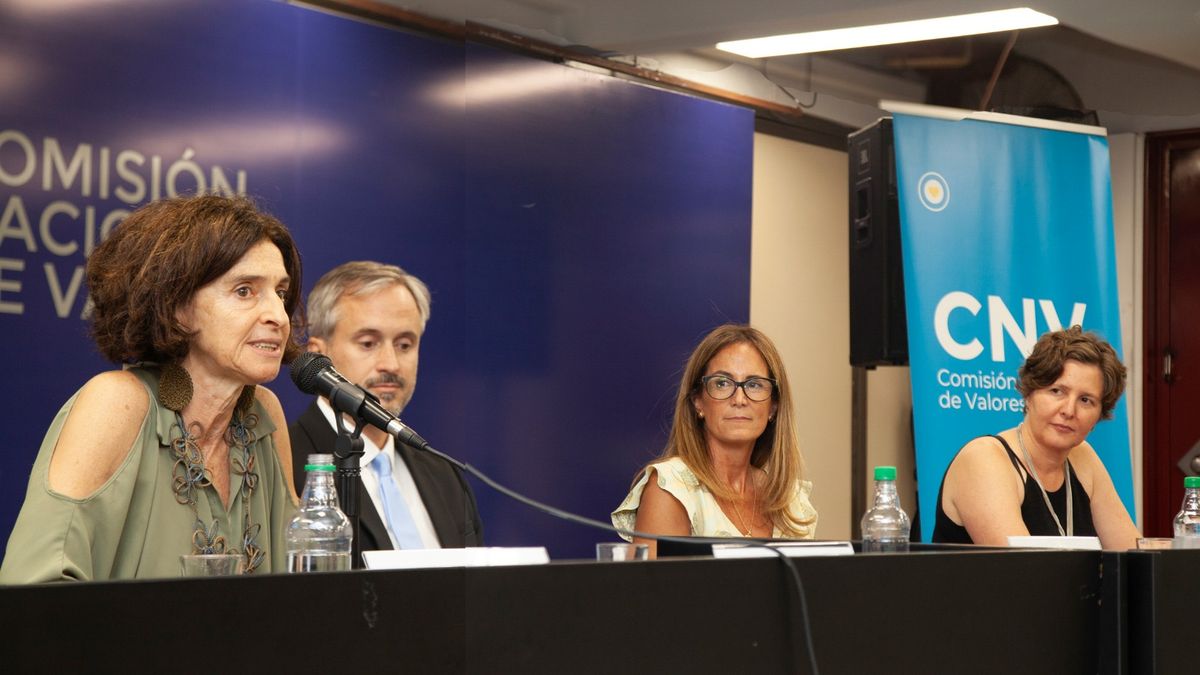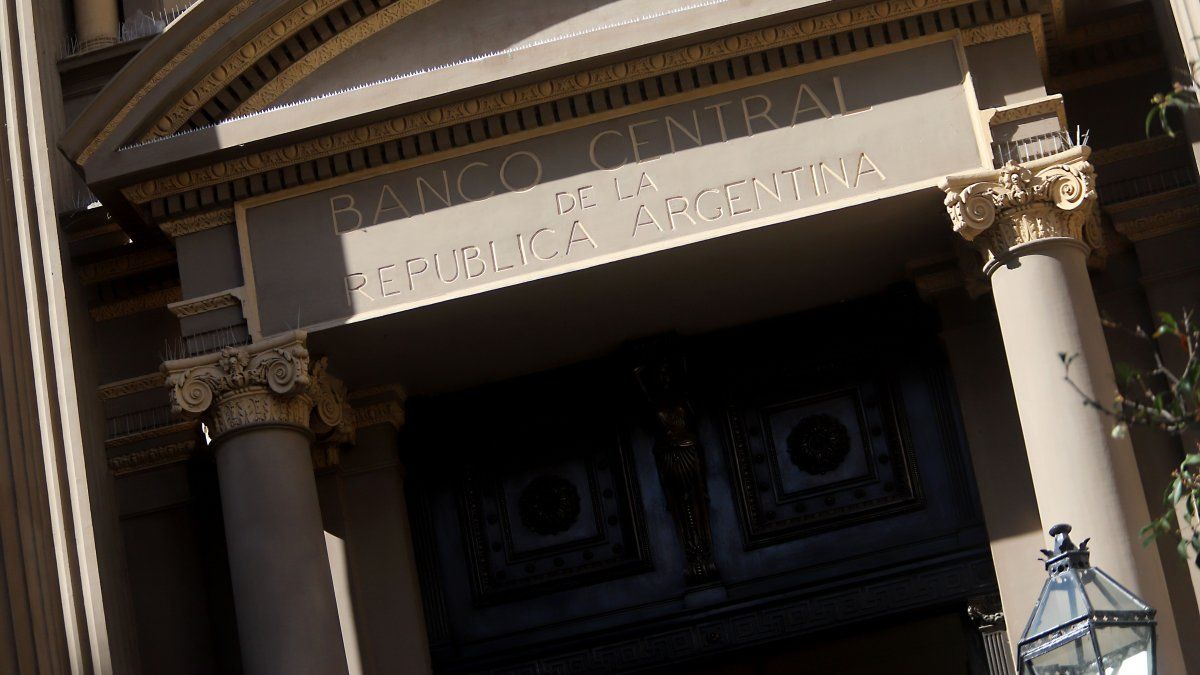What is remarkable about this case is that all the funds raised will be used to grant loans to 1,700 low-income womenbetween 18 and 75 years old, owners of micro and small businesses.
At the presentation ceremony, which was broadcast on YouTube, the president of the CNV, Sebastián Negri, and the director Mónica Erpen referred to this unprecedented achievement. Also present were Carmen Correa and María Laura Tinelli from ProMujer, Ana Corbi from UNDP and Nora Ramos from the Tres de Febrero University Evaluator, among other attendees.
The end of social bonds
“The joy of the CNV at this awaited and very auspicious moment”, highlighted Negri. And Erpen, for his part, remarked that “by measuring the success of this social bond market It must be taken into account that the amount issued is not so relevant, but the number of beneficiaries to whom those $200 million are directed is.”
Together with relevant actors from the private sector (banks, law firms and rating agency), both officials presented the details of how, over two years of shared work, regulatory and market obstacles were overcome until reaching the final result.
After recalling the approval of the regulations (RG 940) that frame this type of placement, Negri expressed: “I think this is what investors who have been willing to invest their money at a rate equal to that of a fixed term. And those who helped ProMujer achieve it and who are here sharing the panel”, she added.
The placement was for $200 million, at a Badlar rate +0% and a term of 12 months. The oversupply was for $213 million.
Social and sustainable green bonds.jpg
Courtesy: infopymes
Erpen pointed out that, since the demand of the Mutual SME Investment Funds (the social enterprise does not have that category), it was not possible to repeat the level of excess demand shown by the last issue of Sumatoria when investors offered 11 times the amount offered. “That is something we have to work on. because if well ProMujer It is not an SME company, the beneficiaries of the issue clearly are. And it is a very important loss that the FCI SMEs cannot participate”, affirmed the director.
For his part, Tinelli said that it is a “milestone for Latin America and the work of the NVC of adapting mechanisms for non-conventional actors in the capital market is studied in the region”.
The entities that guarantee the issuance of Pro Mujer are the banks Galicia, Hipotecario, Comafi and Supervielle, and Allaria Ledesma & Cia participates as underwriter. The firm Mitrani, Caballero & Ruiz Moreno provided legal advice for the structuring of the ON under the new regime, and the Beccar Varela study advised the guarantee entities.
The impact evaluation was carried out by the rating agency of the National University of Tres de Febrero, which granted Pro Woman Sustainable Labeling with the BS2-GOOD rating.
ProMujer, with a long history of providing financial, health and training services to women in Latin America, provides support to women who need to finance their micro-enterprises and cannot do so through conventional banking.
On this occasion, the financing will reach managers of productive activities, services, commerce, textiles or agriculture, in the field of the semi-formal economy residing in the Liniers neighborhood (Federal Capital), Lomas de Zamora (Buenos Aires) and in the cities of Salta, Tucumán and Jujuy.
This achievement is the result of the articulation between the public and private sectorsafter the approval last January by this body, and within the framework of the work agenda of the CNV-UNDP Laboratory to promote the inclusion of non-conventional actors in the capital market.
Source: Ambito
I am a 24-year-old writer and journalist who has been working in the news industry for the past two years. I write primarily about market news, so if you’re looking for insights into what’s going on in the stock market or economic indicators, you’ve come to the right place. I also dabble in writing articles on lifestyle trends and pop culture news.




